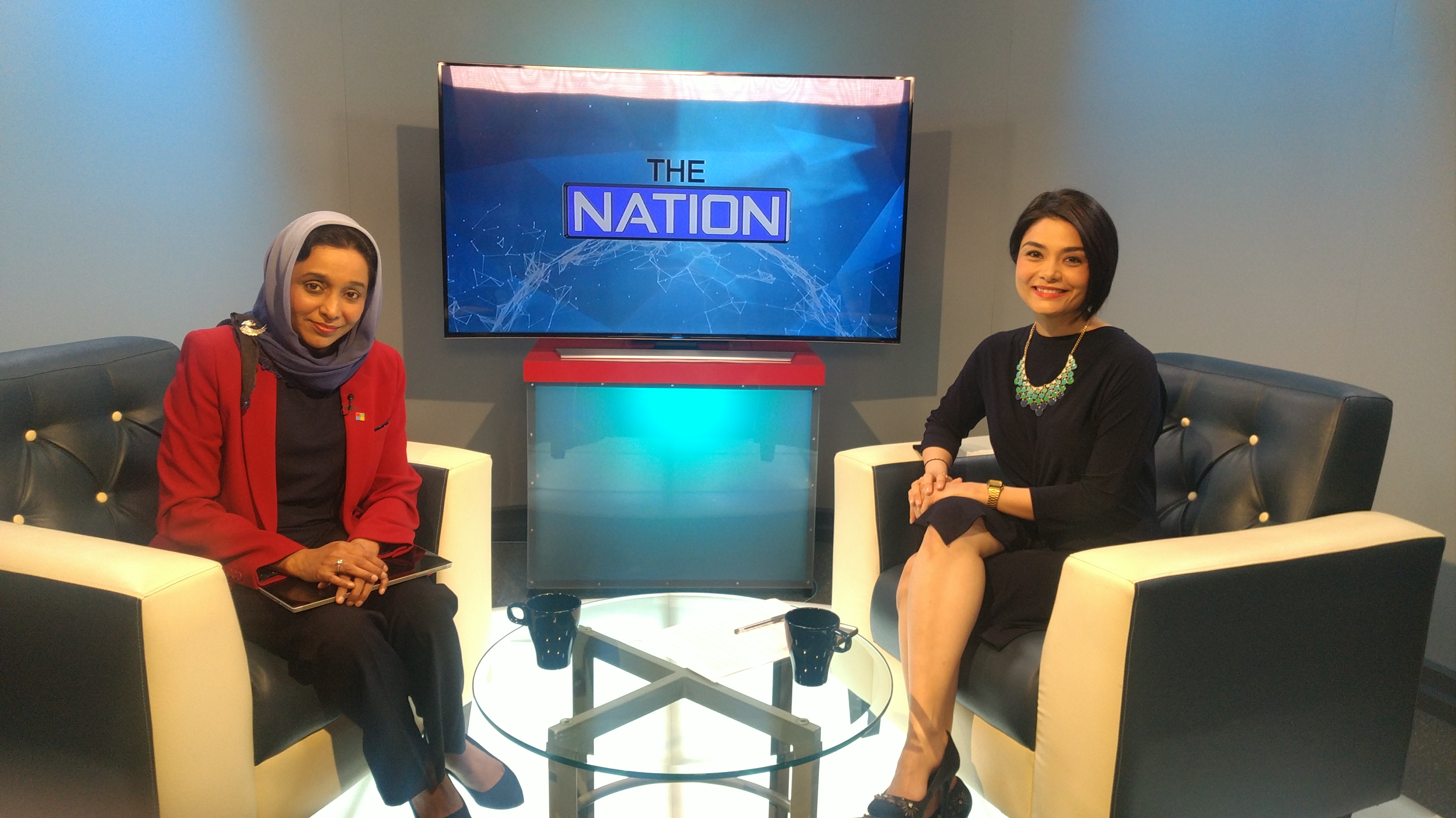Jasmine Begum, Director of Legal, Government & Corporate Affairs, Microsoft Malaysia met with Tehmina Kaoosji, TV Host and Producer at Bernama News Channel for a broadcast interview the dangers of the dark web and how the internet can be a dangerous place for children who are allowed to use the internet without any supervision. Watch the interview below:
The following are key soundbites from the interview:
What is the dark web?
o “The dark web is where unsavory things happen. It is like the underground economy, it exists, like the black market,”
o “People who know how to access the dark web can go into the dark web, there is no two separate spheres. It’s just that perpetrators, bad guys, are always there, and we just need to be careful that we are not communicating or even interacting with people who are on the wrong side of the law.”
What is Digital Civility?
o “Many people think that when you go online, you are a different person. You take on a different persona. Because you have the security of the screen. What they forget is what you do online can also amount to a crime especially amongst teenagers”
o “The Digital Civility Index looks at various factors. We (Malaysia) have come out number 4 out 23 countries in which the survey was done. The good news is we are very civil people, we respect other people. But we also tend to fall prey. What we do see is a lack of awareness.
How do you stay safe online?
o “If you are letting your child play in the playground, wouldn’t you say to your child ‘do not speak to strangers’. But here you are letting children to go play in a digital playground. Here is a digital sandbox that you are letting you are letting your child play in, anyone can come into this sandbox without you knowing.”
o ”Assuming you have a device sitting in the bedroom of your child, and you have the child who has left the laptop on, connected to the wifi; and the camera is switched on by a bad guy, the child would not know. So how do you keep this child safe? Usually what we advise is to just put a tape on top (of the camera).”
o “At the same time, it is important that the child is also told of the dangers. Yes, the internet presents such great opportunities, but at the same time do not talk to stranger, just as you would say when the child goes out to play in the playground.”
How soon should parents give their children a digital presence?
o “What we are seeing today is children are getting a social media ID from the cradle, but many social media platforms do set an age limit. I can speak of Outlook.com which belongs to Microsoft which says that if you are below the age of 13, you need your parents approval to have an email ID.”
o “There are also reports that say that children below the age of 2 are not encouraged to be on any screen for that matter.”
What about parents putting images of their children online?
o “The amount of digital exposure before a child becomes an adult invites perpetrators for kidnapping. We have seen many social media platforms being tracked by perpetrators so that they could kidnap based on the information of the parents and match it to the child.”
o “Some of these photographs are not there for any malicious reasons. Parents just want to celebrate, but I think we need to be cautious. Even the security settings that we put on our social media account raises the question of awareness.”
How do we let go of digital addiction and start focusing on ourselves again?
o “I think there has to be a sort of conscious digital stock take. If I need to put something away and have a person to person interaction, I can do that. If I’m having a conversation I will not look at a device, I will put it out of my reach.”
o “There has to be rules on not only online behavior but also how you use devices. At my home, we used to take away all the devices by 9 o’clock and all the devices were put in my room. You need to have that kind of discipline.”

